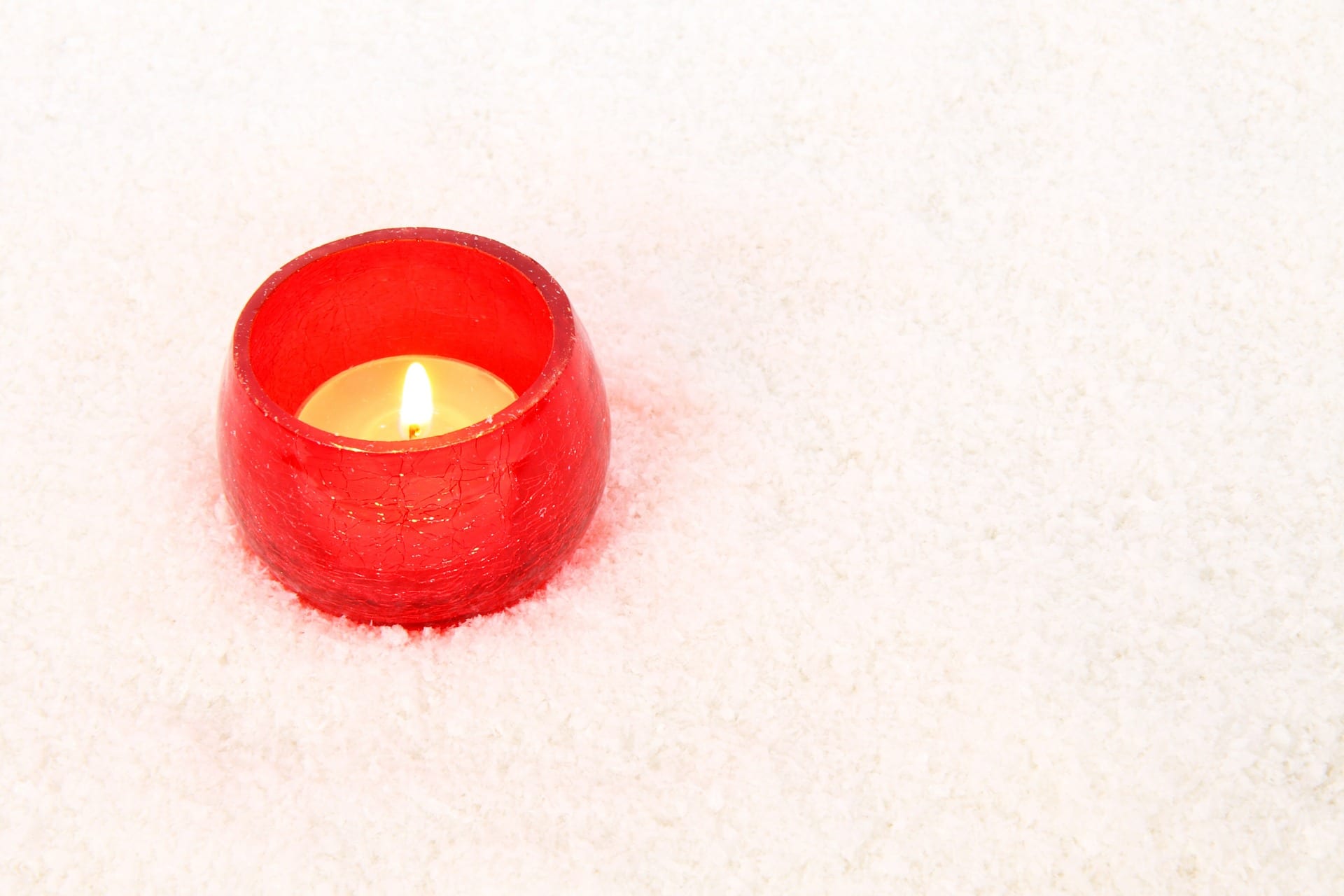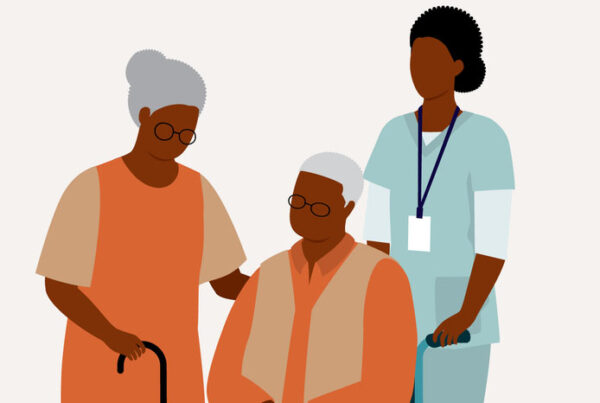by Crystal Williams, Ed.M.
2020 has been a difficult a year for many people. As the year concludes, extra attention should turn to the issue of depression. Shortened daylight hours, holiday stress, and other factors may lead to an increase in depressive symptoms during this season. As the COVID-19 pandemic continues to disrupt life as we knew it, 2020 poses additional challenges for people’s mental health. In particular, early childhood professionals are in roles that are both rewarding and stressful. Thus, making a plan to cope with depression, should it arise, is critical. Next we discuss circumstances that many are experiencing and how we can take care of ourselves during this unprecedented time.
Changing Weather and COVID-19
Many people living in geographic areas with changing seasonal weather may experience Seasonal Affective Disorder (SAD). This year, pandemic-related stress may exacerbate the symptoms of SAD. In the spring and summer months, managing the pandemic may have been more achievable. Opportunities to engage in outdoor activities were frequent and relatively simple. We could easily take a walk, eat outside at our favorite restaurant, and even have outdoor socially-distanced get-togethers with friends and family. Now, with colder weather and fewer daylight hours, these activities may not be feasible.
Increase in COVID-19 Cases
The Centers for Disease Control and Prevention (CDC) reports the trends in U.S. COVID-19 cases. At the time of this blog post, the daily trends reported have steadily increased since March; in fact, they have doubled since the middle of October. An increase in cases means there may be more restrictions on leaving home and traveling. It is also possible that the virus will begin to infect our own students, family, friends, and even ourselves. Being quarantined or isolated from those we care about during this kind of stressful event is likely to make depressive symptoms otherwise not associated with the pandemic even harder to manage than in the past.
Disruption of Holiday/Seasonal Plans
As the number of COVID-19 cases continues to rise, holiday and seasonal plans are likely to be impacted as well. Traditions such as holiday vacations, traveling to be with family, shopping, large family gatherings, religious activities, and holiday parties may be cancelled or restricted due to the pandemic – sometimes at the last minute. This level of unpredictability and frequent change can make it hard to cope with depressive symptoms and feelings of grief that may result as we confront the loss of holiday norms this year.
Self-Care during the Pandemic this Season
Talking to a doctor or mental health professional should always be the first step when dealing with a mental health concern. Additionally, if a mental health crisis occurs, contacting a hotline, such as the National Suicide Prevention Lifeline or Crisis Text Line, may literally be a lifesaver. There are also strategies that can be implemented to help improve symptoms of depression and SAD. We encourage readers to discuss the strategies mentioned below with their doctor or mental health clinician to determine if they would be helpful.
- Dive Into A Hobby
Spend time on your existing hobbies or try something new. Purposeful activities can improve stress, low mood, and depression. Filling spare time with enjoyable activities can help avoid overthinking and feelings of emptiness. They can promote a sense of relaxation. Some pandemic-friendly hobbies include:
-
- Puzzles – jigsaw, brainteaser, crossword, etc.
- Start a new fitness routine – online, DVD, streaming, etc.
- Learn to sew, quilt, or knit online
- Join a virtual book club
- Master the basic cooking techniques bon appétit thinks everyone should know
- Prepare Ahead of Time
Make holiday plans in accordance with your state guidelines, or the CDC if your state has not issued any directives. At present, the CDC recommends that individuals stay home, avoid travel, and celebrate with the members of your household. Celebrate with others through video or phone calls. There are creative ways to virtually celebrate with family and friends. A quick Google search using the keywords “celebrate holidays virtually” yielded nearly seven million results! Try it and choose the ideas that will work best for you and your loved ones. - Start New Traditions
Whenever plans change, consider this an opportunity to start new traditions. Some ideas for new traditions during the pandemic include:
-
- Deliver a gift or meal (safely) to relatives and friends
- Set aside money you would usually spend on travel or gifts for future plans
- Make a holiday bucket list that includes safe activities (drive-by holiday light scavenger hunt, winter night hike, view popular movies from the year you were born, etc.)
- Host a virtual gingerbread house decorating contest with friends or family
Image from Pixabay.com, CC0













